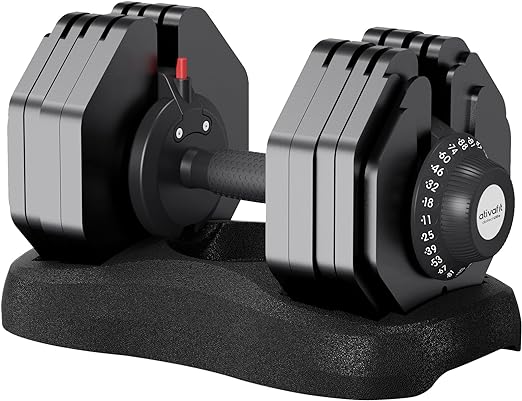Comparison Between Rubber-Coated and Electroplated Dumbbells: Pros and Cons
When it comes to choosing dumbbells, the decision between rubber-coated and electroplated options can be crucial. In this article, we’ll explore the differences between these two types of dumbbells and discuss their respective advantages and disadvantages.
Rubber-Coated Dumbbells:
Rubber-coated dumbbells, composed of cast iron and rubber, provide a safe and noise-free workout experience. These dumbbells feature varying thicknesses of rubber on the metal surface.
Advantages:
- Safety: Rubber-coated dumbbells are safer to use and produce minimal noise during workouts.
Disadvantages:
Bulkiness: These dumbbells can be bulkier compared to their electroplated counterparts.
Odor: Rubber-coated dumbbells may have a strong rubber smell that takes time to dissipate.
Electroplated Dumbbells:
Entirely made of cast iron, electroplated dumbbells have a smooth and shiny surface due to the electroplating process.
Advantages:
Compact: Electroplated dumbbells are smaller in size, making them easy to store.
Rust Resistance: These dumbbells are less prone to rust.
Disadvantages:
Floor Damage: Electroplated dumbbells can damage floors, especially at home.
Noise: They tend to produce louder sounds during use.
Choosing the Right Dumbbells:
Consider your specific needs and circumstances before making a purchase. For instance, if your home has tile flooring, opting for rubber-coated dumbbells is recommended for safety. On the other hand, if space is a concern, electroplated dumbbells are a more compact option.
Conclusion:
The choice between rubber-coated and electroplated dumbbells ultimately depends on your preferences and requirements. To summarize, rubber-coated dumbbells offer safety, durability, and cost-effectiveness, making them a recommended choice for most users.

